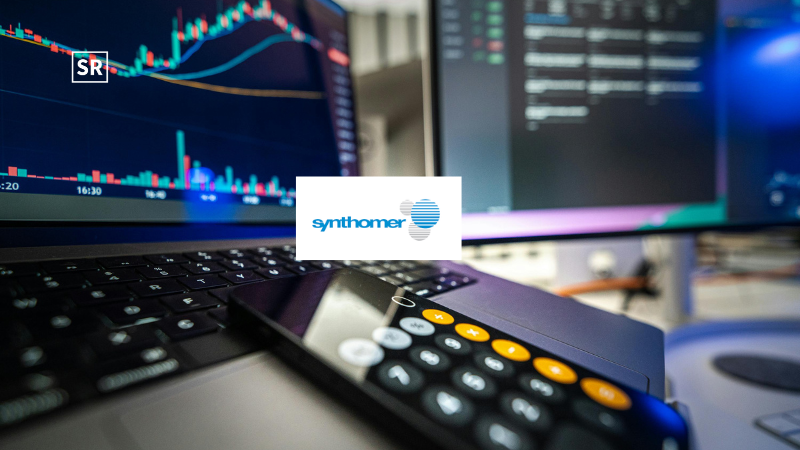Estonia Startup Ecosystem – Leads Europe in Startups, Unicorns and Investments
Jul 4, 2025 | By Team SR
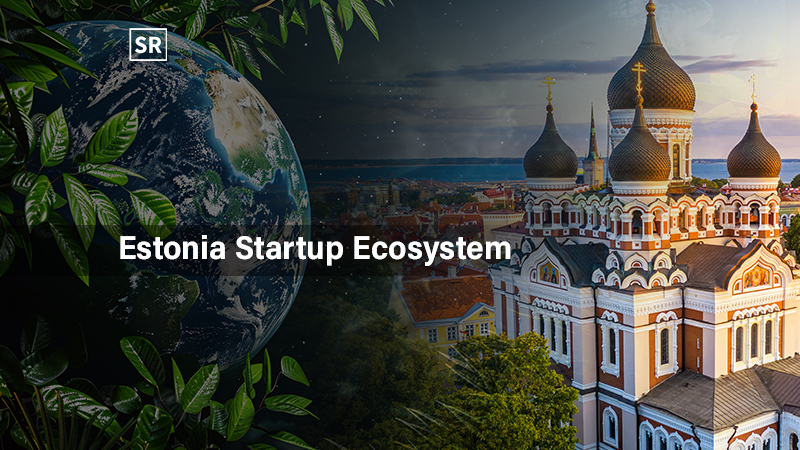
Estonia has emerged as a leader in Europe’s startup scene, outperforming many larger countries in startups, unicorns, and investments per capita. Often called the “Silicon Valley of Europe,” Estonia’s ecosystem is fueled by innovation, a digital-first government, and strong community support. Estonia is one of Europe’s top countries for startups and unicorns. Its smart policies, strong digital systems, and global outlook help new businesses grow quickly. Even though it's a small country, Estonia is making a big name for itself in the world of startups.
Key Highlights:
- Highest number of unicorns per capita in Europe (including Skype, Wise, Bolt, and Veriff).
- Most startups per capita in the EU, with a high concentration of tech-driven companies.
- Top in VC investments per capita, attracting global investors and funding rounds.
- e-Residency and Startup Visa programs make it easy for global founders to launch in Estonia.
- Supported by world-class infrastructure, a tech-savvy population, and innovation hubs like Tehnopol and Startup Wise Guys.
Estonian startups reached a total value of €36.3 billion, making it the second-highest in the Central and Eastern Europe (CEE) region. This accounted for about 20% of the CEE's total startup ecosystem, which was worth €190 billion that year. This impressive growth is supported by a strong network of incubators, accelerators, venture capital funds, government programs, and public initiatives all working to help startups grow and attract both international founders and investors.
Estonia's Innovative Startups
Estonia is home to a growing number of innovative startups that are making waves both in Europe and globally. Known for its digital-first mindset and strong tech culture, Estonia has produced startups across a wide range of sectors, including fintech, mobility, cybersecurity, health tech and green technology. Companies like Wise, Bolt and Veriff have gained international recognition showcasing Estonia’s ability to nurture high-impact, scalable businesses. These startups are driven by a combination of local talent supportive government policies and access to global markets. The ecosystem encourages experimentation and innovation with strong backing from incubators, accelerators and venture capital. Estonia’s forward-thinking environment continues to attract entrepreneurs from around the world, making it a hotbed for next-generation startup ideas.
Skype
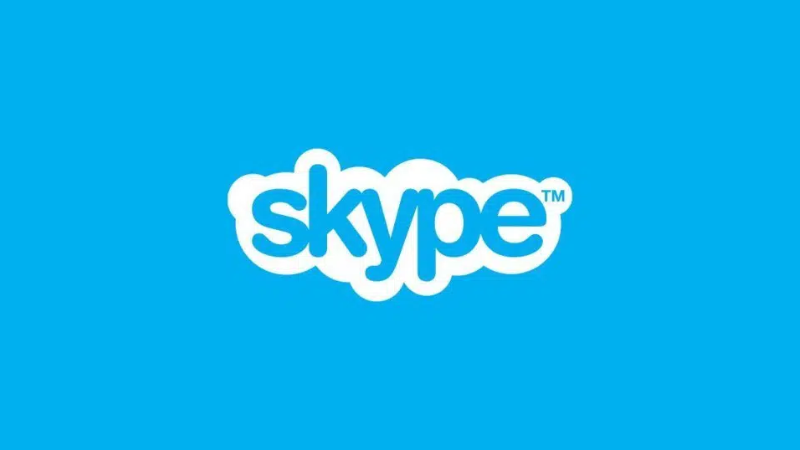
Skype played a pioneering role in shaping the landscape of video conferencing, profoundly impacting contemporary virtual communication methods. In 2005, eBay acquired Skype for €2.4 billion, marking the largest tech exit globally since the dot-com crash and the most significant exit in European tech history at that time. Subsequent to the acquisition, several of Skype's original co-founders and key personnel embarked on successful ventures in the technology sector earning them the moniker 'Skype Mafia.' For instance, Niklas Zennström, one of Skype's founders, went on to establish the VC fund Atomico.
Playtech.com
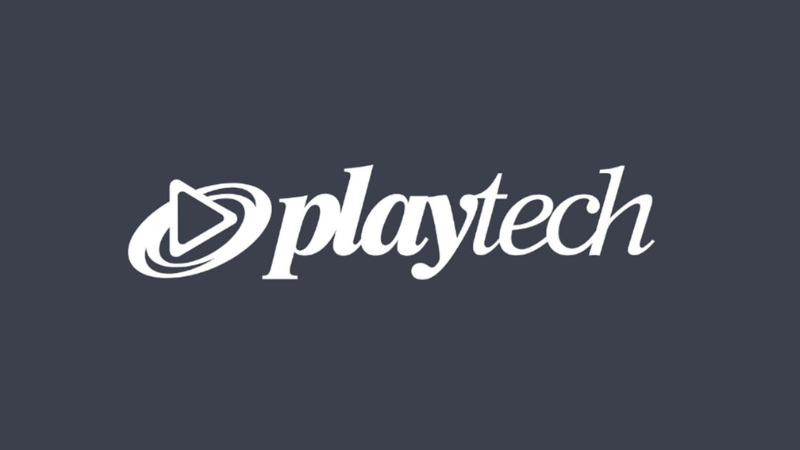
Established in 1999, Playtech is a prominent provider of gambling software solutions, specializing in various offerings for the online gaming sector. Their extensive product range encompasses online casinos, poker rooms, bingo games, sports betting, scratch games, mobile gaming, live dealer games, and fixed-odds arcade games. In March 2006, Playtech underwent a prosperous IPO on the AIM market, achieving a valuation of approximately €878.88 million. Additionally, the company is listed on the FTSE 250 Index.
Wise
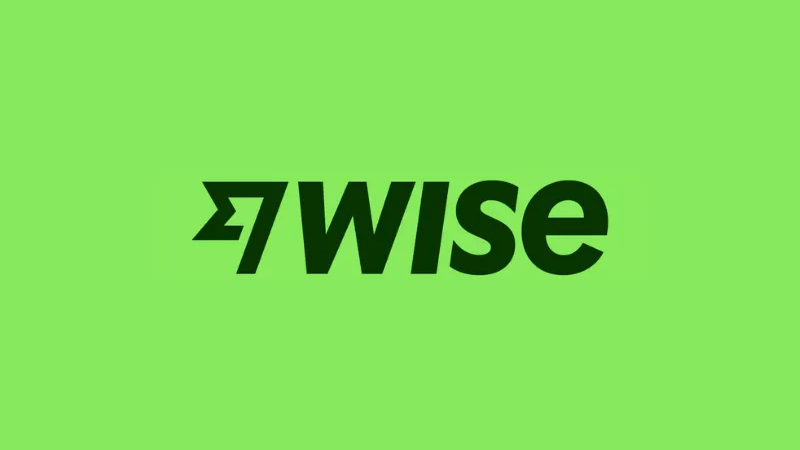
RECOMMENDED FOR YOU

Avation Share Price Prediction 2025, 2026 to 2030 – Expert Analysis
Team SR
Aug 29, 2025
Founded in 2010 by Kristo Käärmann and Taavet Hinrikus, Wise stands as a trailblazer in the fintech sector, revolutionizing traditional practices. Unlike conventional banking systems, Wise prioritizes efficiency and cost-effectiveness in cross-border fund transfers. With a user base exceeding eight million worldwide, Wise has disrupted fintech norms and operations, earning its status as a dominant unicorn valued at €4.63 billion as per the latest report. The platform's features, such as automated identification verification, online and in-app technical support, and estimated transfer times, are tailored to meet the diverse needs of its clientele.
Bolt
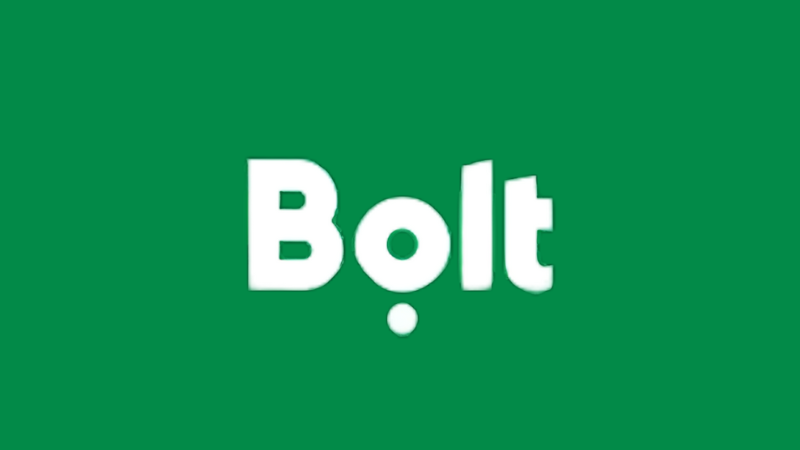
Founded in 2013 to address challenges and inefficiencies in taxi transportation, Bolt emerged as a disruptive force in the industry. This mobility platform provides comprehensive transportation solutions round the clock, offering affordable and convenient options for ride-hailing, micro-mobility, and food delivery services. Utilizing the app, users can seamlessly search for and book different vehicle types based on their location, preferences, pricing, and ratings. Bolt's dedication to improving convenience, affordability, and safety positions it as a significant player in the mobility sector.
Pipedrive

Founded in 2010 by Timo Rein, Urmas Purde, Ragnar Sass, Martin Henk, and Martin Tajur, Pipedrive is a sales pipeline management solution aimed at empowering customers to effectively and efficiently manage their sales pipelines. Tailored for sales professionals at small firms, the platform offers features such as email tracking, seamless data importing and exporting, and drag-and-drop functionality within the sales pipeline. With these robust tools at their disposal, sales professionals can seamlessly organize their activities, manage deals, and track conversation history, ultimately leading to enhanced productivity and optimized sales processes.
Zego
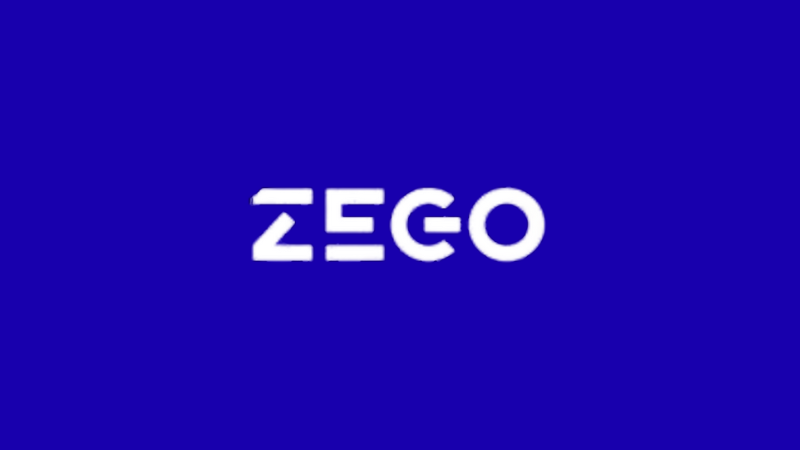
Zego is a prominent figure in the insurance sector, specializing in vehicle insurance policies. With coverage spanning more than 400,000 vehicles, the company caters to renowned delivery and transportation leaders such as Uber, Uber Eats, Bolt, and Freenow. Established in 2016 by Harry Franks and Sten Saar, Zego adopts an innovative approach to pricing, taking into account industry-standard factors, driver behavior, and operational practices. Setting itself apart from competitors, Zego collects over five times more data about each vehicle. As of the latest valuation in 2021, Zego was estimated to be worth €1.02 billion.
ID.me

ID.me, founded by Tanel Suurhansis, operates as a digital identity network, streamlining user identification verification processes. The platform offers services including identity proofing, authentication, and verification of group affiliations for organizations spanning various sectors. With the transition of consumer activities online during the pandemic, ID.me has experienced significant growth, encompassing sectors from shopping to banking to healthcare. Headquartered in the USA, there have been discussions about the company potentially going public in the coming years.
Gelato.com

In the rapidly evolving digital landscape of the 21st century, the demand for print-on-demand services has surged among businesses, organizations, and individuals alike. To address these needs, Gelato was established in 2010 by Mike Arbuzov. The platform provides an extensive array of printing services and options, leveraging a network of over 100 production partners spanning 32 countries. Gelato's commitment to top-notch printing standards and innovative designs sets it apart in the industry.
Veriff
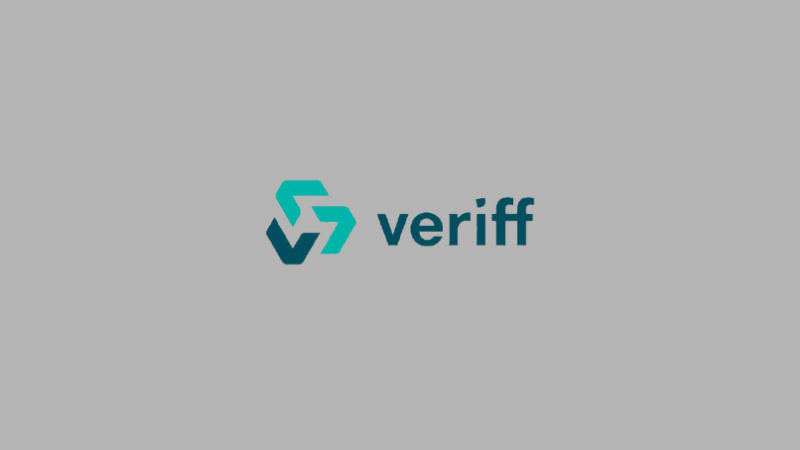
Amidst the escalating threats to the digital realm, there's a mounting demand for cybersecurity solutions, a need that Veriff adeptly addresses with innovation. Founded in 2015 by Kaarel Kotkas and Janer Gorohhov, Veriff offers a spectrum of cybersecurity solutions, prominently digital identity verification. Leveraging automation technologies rooted in machine learning and AI, Veriff works to mitigate and eradicate fraud risks effectively. The system operates by capturing customer images on a local device, which are then cross-referenced with identity data stored in government databases, utilizing ratios between various facial points for comparison.
Glia
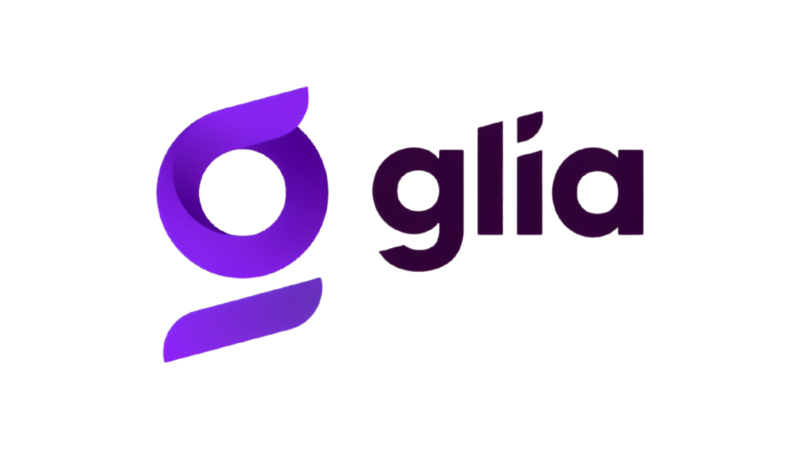
Established in 2012 by Carlos Paniagua, Glia has facilitated more than 10 billion digital customer support engagements to date. Specializing in Digital Customer Service (DCS), Glia elevates online and mobile interactions through on-screen collaboration, digital communication features, and AI-enabled support. With a global footprint spanning 12 countries, Glia continues to broaden its presence and attract a diverse client base. The company's dedication to enhancing client experiences and driving business outcomes is underscored by its partnerships with over 250 financial institutions worldwide, including banks, credit unions, and insurance companies. Recognized for its success, Glia has garnered substantial investor interest, securing over €138.77 million in funding from key investors.
Furthermore, Estonia has showcased its robust presence in the digital economy, securing the 4th position in Europe based on the contribution of the digital economy to gross value added. With an 8.7% share of GVA stemming from the digital economy, Estonia trails behind Sweden, Bulgaria, and Cyprus. This underscores the critical role of technology in Estonia's economic landscape.
Conclusion
Estonia startup ecosystem is a shining example of how a small country can achieve global impact through innovation, digital leadership, and smart policymaking. With its strong track record of producing successful startups and unicorns, supportive government programs and open approach to international talent and investment. Estonia has firmly established itself as a leading hub for entrepreneurship in Europe. As the ecosystem continues to grow, it remains a model for how to build a vibrant, future-ready startup environment that attracts both founders and investors from around the world.


 Follow us
Follow us Follow us
Follow us












